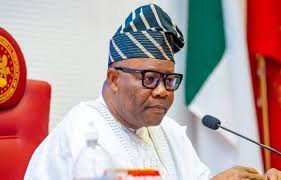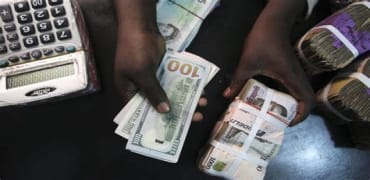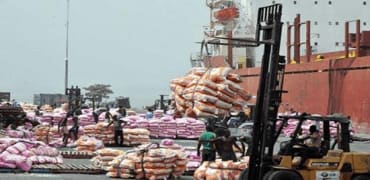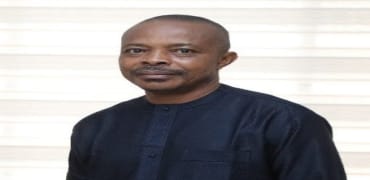Senate Gives Green Light to Tinubu’s $21 Billion Global Loan Deal, Paves Way for 2025 Budget Rollout
Senate Gives Green Light to Tinubu’s $21 Billion Global Loan Deal, Paves Way for 2025 Budget Rollout
In a pivotal move that will shape Nigeria’s fiscal trajectory for years to come, the Senate on Tuesday approved President Bola Tinubu’s massive foreign loan request, unlocking a colossal $21 billion-plus in external financing to fund the 2025 budget and beyond.
The greenlighted borrowing plan includes a hefty $21.19 billion in foreign loans, €4 billion, ¥15 billion, ₦757 billion in domestic bonds, and an additional $65 million in grant support. It also features a bold provision to raise $2 billion from foreign-currency instruments within Nigeria’s financial market — a hybrid funding model aimed at balancing both global and local dynamics.
The blueprint, which had been in legislative limbo since its May 27 submission due to recess and missing paperwork from the Debt Management Office, finally gained traction following a detailed presentation by Senator Aliyu Wamako, Chair of the Senate Committee on Local and Foreign Debt.
Senator Olamilekan Adeola, who helms the Appropriations Committee, clarified that the borrowing had already been baked into the 2025 Medium-Term Expenditure Framework (MTEF), and its approval ensures all revenue channels — from taxes to loans — are aligned to fully execute the federal budget.
“This isn't a surprise insertion,” Adeola noted. “The funds were already anticipated in the appropriation law. We’re simply connecting the final dots.”
Senators across party lines echoed support, casting the borrowing as a strategic necessity. Senator Sani Musa stressed that the disbursement will stretch over six years — not a one-off plunge — and argued that borrowing, when responsibly managed, is a global norm for economic acceleration.
“No nation scales its economy without structured debt,” Musa added. “We’re doing what the rest of the world already practices.”
Senator Adetokunbo Abiru, head of the Senate Committee on Banking, Insurance, and Other Financial Institutions, went a step further, describing the loans as “concessional, long-term, and development-focused,” with some tenors stretching up to 35 years — all in line with Nigeria’s fiscal laws.
Still, not everyone cheered the deal.
Senator Abdul Ningi (Bauchi Central) raised red flags over transparency and equitable distribution, warning, “We must be honest with our people. If we’re borrowing in their names, they deserve to know exactly where the money is going.”
He called for tight oversight, full disclosure, and balanced regional investment to avoid fueling inequality.
Among the most eye-catching allocations is a $3 billion boost for the long-neglected Eastern Rail Corridor, a massive project stretching from Port Harcourt to Maiduguri. Senator Victor Umeh (Anambra Central) applauded the move, saying it marked a first in prioritising Eastern infrastructure at such scale.
“This alone gives me confidence that we’re headed in the right direction,” Umeh said.
Deputy Senate President Jibrin Barau closed the session with praise for the inclusiveness of the loan strategy, declaring that “every region has a stake in this plan.”
“This is what the Renewed Hope Agenda is all about,” Barau stated. “Now, we must ensure that every kobo borrowed is spent on building a better, stronger Nigeria — and nothing less.”
The approved loan plan targets Nigeria’s most pressing needs — infrastructure, security, agriculture, power, housing, and digital connectivity — setting the stage for what could be a transformative fiscal period if well executed.
By Haruna Yakubu Haruna



















